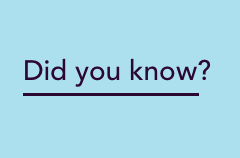AEMO published its draft 2021 Inputs, Assumptions and Scenarios Report (IASR), which is critical to AEMO’s forecasting and planning publications, and Regulatory Investment Test for Transmission (RIT-T) assessments.
Publishing the draft IASR commences formal consultation on the scenarios, inputs and assumptions that are proposed for use in AEMO’s 2022 Integrated System Plan (ISP).
The draft 2021 IASR also provides detail on the process by which any inputs and assumptions will be updated and consulted on prior to modelling commencing, to mitigate risks associate with data latency and maintain publication relevance.
In developing the IASR, AEMO sought to engage widely with stakeholders through webinars and workshops, seeking important views on the proposed scenarios for further consultation. Click here to access webinar recordings and presentations.
Feedback included a need to extend the dimensions of the scenarios, such as recovery from the COVID-19 pandemic, the scale of decarbonisation ambition, and the need to consider greater electrification and potential hydrogen production.
AEMO has also reflected on stakeholder feedback regarding the penetration of distributed energy resources across the proposed scenarios, which has enabled some consolidation of the 2020 ISP scenarios, while retaining a set of broad, distinct, internally consistent and plausible proposed scenarios.
All stakeholders are invited to provide a written submission to the questions outlined in the IASR, and on any other matter related to the scenarios, inputs and assumptions. Submissions should be sent via email to forecasting.planning@aemo.com.au by Monday 1 February 2021.
AEMO requests that where possible, submissions should provide evidence that support any views or claims that are put forward.
Following the close of submissions on 1 February 2021, AEMO will facilitate a workshop to discuss the key issues raised in the submissions, focusing discussions on inputs and assumptions that are most frequently referenced across the stakeholder submissions. This workshop will also seek feedback on the relative likelihood of the scenarios.
AEMO thanks all stakeholders that have contributed to the draft IASR and look forward to effective and meaningful engagement with stakeholders throughout the ISP development process.
-
AEMO manages the day-to-day operations of a number of electricity and gas markets and information services, as well as providing strategic forecasting and planning advice.
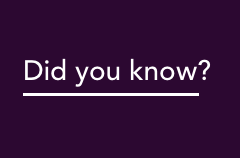
-
AEMO has strategic partnerships with institutions and energy brands across Australia and globally, including the Bureau of Meteorology (BOM) and CSIRO.
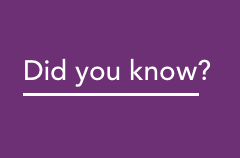
-
In addition to regular consultations, AEMO runs regular working groups and forums that allow energy stakeholders to discuss issues and share information.
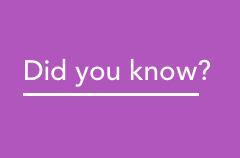
-
The Library captures procedures, guides and major reports that live elsewhere on the site.
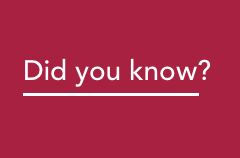
-
Australia’s energy system has a governance structure that includes AEMO, the Australian Energy Regulator (AER), the Australian Energy Market Commission (AEMC), the Energy Security Board (ESB) and the Council of Australian Governments (COAG) Energy Council.
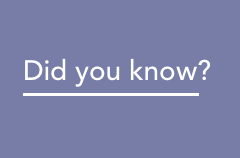
-
AEMO is an independent organisation that operates on a user-pays cost-recovery basis, with all operating costs recovered through fees paid by industry participants. Our ownership is shared between government and industry.
